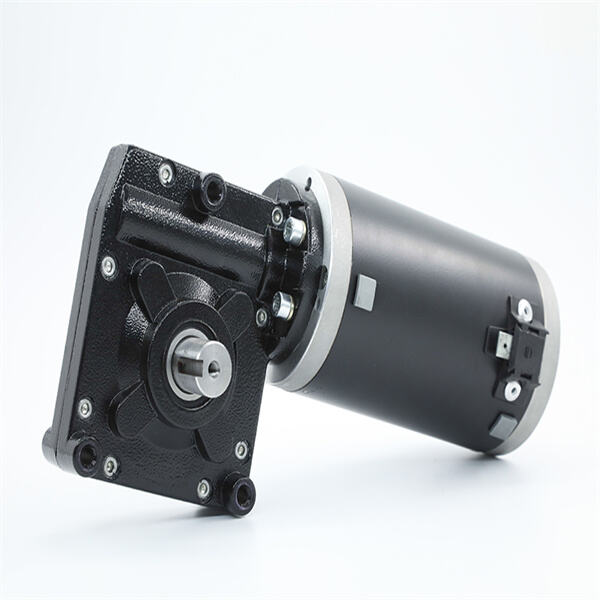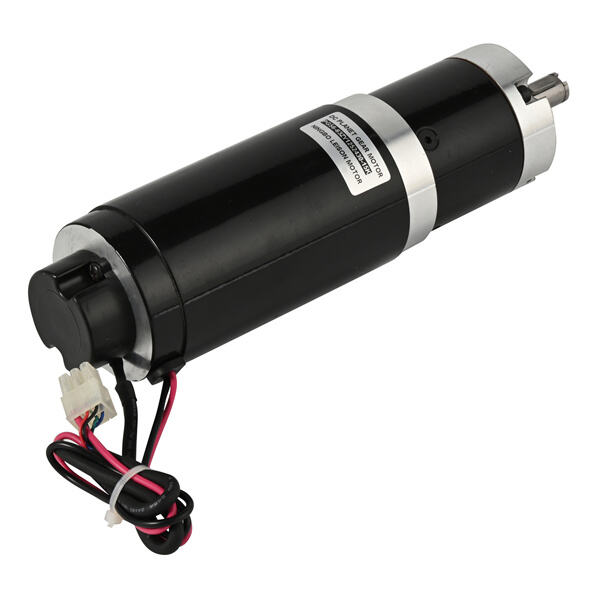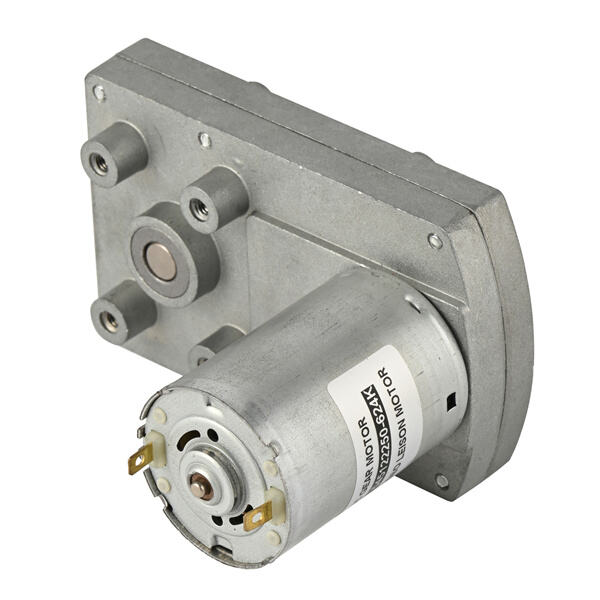By LEISON high torque low RPM DC motor we usually mean a powerful motor that can assist machines to run smoothly. These motors can deliver a huge amount of power for a given rotation speed. They are widely used throughout industry and for heavy projects, such as items that require strength and dependability.
So, high torque low RPM DC motors are those strong muscles of the machine. They can be quite forceful, too, to help things move along smoothly. By “high torque,” they mean that the motor cranks on things hard. “Low RPM” here would be slow spin. That is good for jobs that require a lot of power but don’t need to happen quickly.
One major advantage of these motors is their ability to hold a lot of weight. They can be used to lift heavy loads and to operate machines that require a lot of power. These motors also consume less electricity, which translates into savings that are gentle on the environment.

Before choosing high torque low RPM DC motor, you would better consider what you really need. Think about how much force you require, how quickly the motor needs to turn and the size and weight of the objects that it will move. It also could be wiser to consult the experts, such as those at LEISON, for finding you the right motor.

High torque low RPM DC motors use magnets and electric current to produce force. Electric currents are moved by wires inside the motor. These currents coöperate with magnets to create a "twisting" force. By altering the flow of electricity, the motor can rotate at different speeds and produce different amounts of torque. This can be useful in more effectively controlling the motor and operating it to its full potential.

There's dozens and dozens of uses of high torque low RPM DC motors. You see them in robots, factory machines, conveyor belts and even electric cars. These motors are ideal for jobs demanding strength and accuracy. Be it lifting heavy objects, driving flexible machines or simply everyday moving of objects, these motors have found applications far and wide in various Projects.